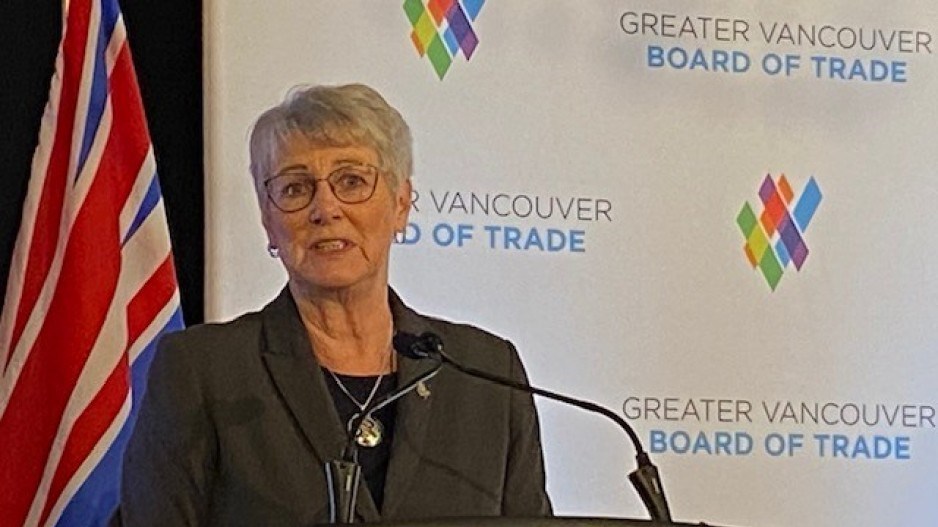Ten months after it announced the expansion of its controversial speculation and vacancy tax to six new communities in the Sea-to-Sky corridor and Cowichan Valley, the province is urging compliance among newly affected property owners.
A total of 48,000 property owners must begin filing annual declarations of property use beginning in 2024 based on property usage in 2023. Just a few hundred could be impacted by the new tax.
“This expansion will help prevent speculation from moving from one community to another in a region,” then-B.C. Finance Minister Selina Robinson said in making the announcement last July.
A further announcement May 26 by Robinson’s successor Katrine Conroy reminded property owners in six new areas that they’ll need to file declarations of use beginning in January 2024, based on property usage in 2023.
“The speculation and vacancy tax is making sure homes are available for people, not left empty," Conroy said. “That's why we're bringing the benefits of this tax to even more communities, to ensure more people have the homes they need.”
To avoid the tax, property owners must occupy or rent their residences for at least a month at a time for a total of six months or more in a calendar year.
The municipalities of North Cowichan, Duncan, Ladysmith, Lake Cowichan, Lions Bay and 麻豆社国产were added to the list of jurisdictions covered by the province’s speculation and vacancy tax.
Originally introduced in 2018, the tax previously applied to the Metro Vancouver and Capital Regional districts as well as Abbotsford, Chilliwack, Kelowna, West Kelowna, Nanaimo and Lantzville.
It does not apply to resort municipalities, meaning that Whistler, just down the road from Squamish, will be exempt. Properties accessible solely by air or water are also exempt, as are Indigenous lands.
The province says 99 per cent of B.C. residents can expect to be exempt for the 2023 tax year. However, all homeowners in areas covered by the speculation and vacancy tax must file declarations. It expects 1.7 million declarations to be filed for the current tax year.
Proceeds from the speculation and vacancy tax is returned to regions where it’s collected, the province said. It claims it has collected $313 million since 2018 “to help build new, more affordable types of housing.”
In 2021 alone, the most recent year for which data is available, the province collected $78 million, with 57 per cent of the revenue – or $44.5 million – collected from “foreign owners, satellite families, Canadians living outside B.C. and ‘other’ non-B.C. resident owners.”
The province estimated last summer that 320 homes could be returned to the rental market in the six new communities as a result of the expanded tax. Those numbers remain in play, pending the filing of declarations by property owners.




